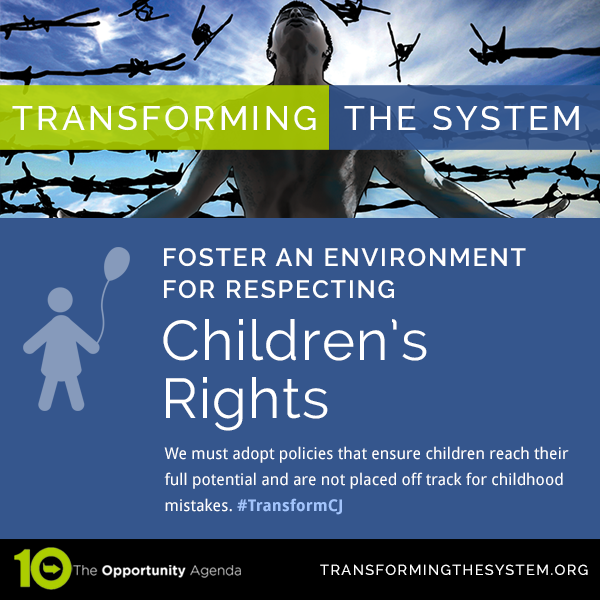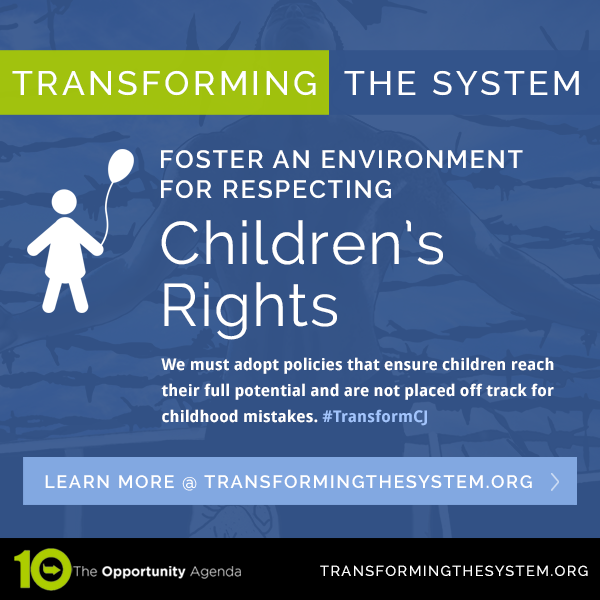Eliminating unfair sex-related registries for youth
Everyone deserves a chance to grow and change over time. Yet, young people who have been convicted of a sex crime while children may find themselves paying for the consequences of their conduct for the rest of their lives through mandatory registration on sex-related registries. Due to laws written to consider the age of the victim but not the age of the person who committed the act, youth are often disproportionally punished for normal or experimental sexual behavior. Child registrants include kids who played games of “doctor” with other children, high school streakers and flashers, and teens who had consensual sex with near-age peers. Children can be placed on registries for sex-related acts they commit when they are as young as 8, 10, and 12-years-old.
Young people who commit sex-related offenses need support to understand the impacts of their actions, and interventions to address the root causes. Registration and notification do not rehabilitate or reduce recidivism, and instead destroy children, families, and communities. These registries often require continuous registration and may have onerous restrictions that prevent these young people from moving on with their lives. There are currently 39 states that place children on registries. The U.S. Supreme Court has recently highlighted the importance of eliminating life sentences for children. These registries are essentially life sentences for children who must bear the consequences. Our former Communications Institute Fellow, Nicole Pittman has committed herself to getting children off sex offender registries in the United States.
To eliminate unfair registries, Congress and state legislatures should:
- “Explicitly exempt all persons who were below the age of 18 at the time of their offense from all sex offender registration, community notification, and residency restriction laws;”
- Amend legislation so that youth adjudicated delinquents in juvenile court are no longer required to register as sex offenders under any circumstances;
- Immediately relieve young people currently required to of the duty to register;
- Expunge all records relating to the registration status of young people;
- Terminate all ongoing registration and notification requirements and restrictions upon the act’s effective date; and
- Provide an avenue for individuals who believe that he or she should have been removed from the duty to register under the new law, but are still being required to register, to petition the court for relief of the duty to register.
Alternatively, they should:
- Eliminate the practice of placing youth adjudicated of sex offenses in juvenile court on sex offender registries;
- Remove youth under 18 convicted in adult court of sex-related offenses from registries, unless an evidence-based assessment indicates they are a high risk of committing sexual harm in the future;
- Focus on public health response to sex-related offenses that recognize that treatment and prevention are more appropriate responses for persons accused of sex-related offenses, including comprehensive sexuality education; and
- Assess the monetary costs and effectiveness of registration and eliminate any waste.
Until Youth Registration is Fully Eliminated in all 50 States:
- Judges, defense attorneys, and prosecutors should ensure that there is proper consideration concerning the possibility, requirements, and term of registration.
- Police should eliminate the use of flyers or any form of publicized information about people on the registry in order to protect people on the sex offender registry from undue harassment.




